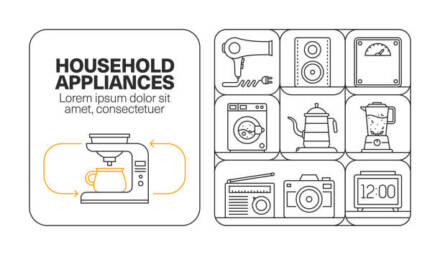No one ever plans for an accident. It hits suddenly—on a drive to work, walking across the street, or just going about your day. One moment, everything’s normal. The next? You’re hurt, shaken, and facing a mountain of medical bills, time off work, and stress you never asked for.
Whether it’s a car crash, slip-and-fall, or workplace injury, the aftermath of an accident can be overwhelming. And while insurance companies may seem cooperative at first, securing fair compensation is rarely as simple as filing a claim. In fact, getting what you truly deserve requires more than paperwork—it requires strategy, timing, and trusted legal support.
If you want to protect your rights, your health, and your financial future, there’s one team you’ll want in your corner: the experienced personal injury attorneys at Lorenz & Lorenz Accident & Injury Lawyers PLLC.
Now, let’s walk through what really matters when it comes to securing fair compensation after an accident.
Step 1: Prioritize Medical Attention—Then Document Everything
Your health comes first. Even if your injuries seem minor, adrenaline can mask symptoms. Seek medical care immediately and follow your doctor’s treatment plan. At the same time, keep a detailed record of:
- Emergency visits
- Diagnoses and prescriptions
- Physical therapy
- Out-of-pocket expenses
- Missed workdays and lost wages
This documentation will become the foundation of your compensation claim. Insurance companies won’t pay based on pain alone—they need records.
Step 2: Don’t Rush to Settle with Insurance
One of the biggest mistakes accident victims make? Accepting the first offer an insurance company makes. Remember, insurance adjusters work for the company—not for you. Their job is to settle fast and pay as little as possible. They may sound supportive, but behind that friendly voice is a strategy to limit your payout.
Before signing anything or giving a recorded statement, consult a lawyer. The difference between an early offer and a negotiated settlement can be tens (or even hundreds) of thousands of dollars.
Step 3: Know What You Can Be Compensated For
Compensation isn’t just about covering hospital bills. A fair settlement should account for
- Medical expenses (current and future)
- Lost income and future earning potential
- Pain and suffering
- Emotional distress
- Property damage
- Loss of enjoyment of life
Each of these categories requires a different type of evidence, which is why having an experienced injury attorney is so important. They know how to build a complete case—not just one that looks good on paper but one that reflects the full impact on your life.
Step 4: Understand How Fault Affects Your Claim
In some states, personal injury claims operate under a modified comparative negligence rule. That means if you’re found partially at fault for the accident, your compensation may be reduced. Let’s say you’re awarded $100,000 but found 20% at fault. You’d only receive $80,000.
And if you’ve found 51% or more at fault? You may receive nothing. Determining fault isn’t always black and white. This is where aggressive legal representation can turn the tide in your favor—especially when the other party is also trying to shift blame.
Step 5: Choose a Law Firm That Knows How to Fight—and Win
Not all law firms are created equal. You should choose a law firm that has a lot of experience, a track record of success, and compassionate attorneys. Also, check whether they work on a contingency fee basis so that you don’t need to worry about the legal upfront costs.
Final Thoughts
Securing fair compensation after an accident isn’t just about money—it’s about justice. It’s about making sure you’re not left picking up the pieces alone. From medical bills to emotional trauma, every part of your recovery deserves recognition—and repayment. So, take your next step with confidence. The road to recovery starts with the right team by your side.




